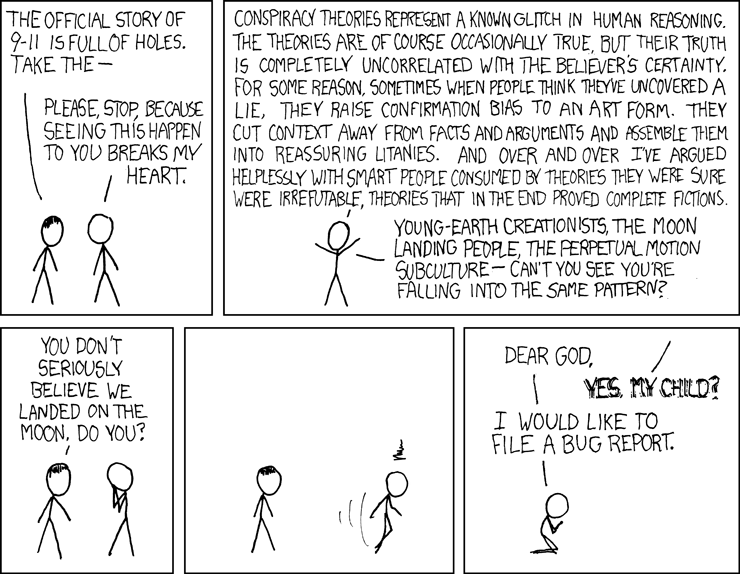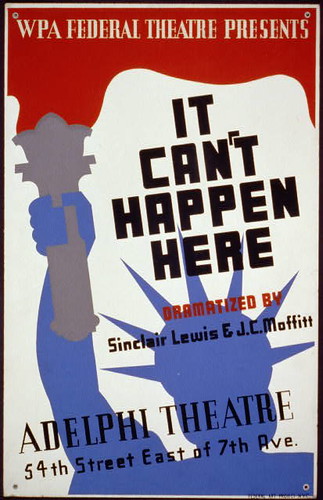
I was discouraged, hearing Trump repeat the bogus conspiracy theory that George Soros is behind the demonstrations against his Supreme Court nominee, claiming that all of those women storming Congress were paid “crisis actors,” that Trump is channeling Info Wars from the White House. Discouraged, but only with a vestige of shock. His behavior is numbing (intentionally).
I was a bit shocked, though, when that ridiculous and inflammatory claim was picked up by Republicans who could have simply touted their success at confirming a controversial justice, but instead are stooping to absurd false narratives to turn up the heat for their already-inflamed base. I was genuinely shocked this morning, when the same claim popped up on my local television station in an attack ad against the Democratic party candidate in my swing district. I guess I shouldn’t be. The Republican party knows they can’t top Trump, and their best chance is to act like Trump and suppress enough vote to keep their majority. So sure, parrot the line that all opposition is paid for and isn’t genuine even if that means there is no actual debate about issues anymore, just accusations that the people, like the press, are fake.
 It seems as if Charlottesville was several years ago. It was a shock, seeing Nazis and white supremacists carrying torches on the campus of the University of Virginia campus, then invading the town carrying guns and the kind of gear that you’d think belonged to an angry offshoot of the Society for Creative Anachronism, unleashing threats, violence, beatings, and even murder. There was outrage, but since then there has been a strange drift toward accepting white supremacy. It’s fueling
It seems as if Charlottesville was several years ago. It was a shock, seeing Nazis and white supremacists carrying torches on the campus of the University of Virginia campus, then invading the town carrying guns and the kind of gear that you’d think belonged to an angry offshoot of the Society for Creative Anachronism, unleashing threats, violence, beatings, and even murder. There was outrage, but since then there has been a strange drift toward accepting white supremacy. It’s fueling  Supporting intellectual freedom is a bedrock principle for libraries, yet it carries with it a host of issues. Public libraries deal with challenges to books, displays, and programs constantly. They have policies and procedures in place to smooth the path, yet it’s not always a simple matter. For two years in a row,
Supporting intellectual freedom is a bedrock principle for libraries, yet it carries with it a host of issues. Public libraries deal with challenges to books, displays, and programs constantly. They have policies and procedures in place to smooth the path, yet it’s not always a simple matter. For two years in a row, 
 To continue
To continue  This coda to
This coda to  When I made an informal survey of academic library mission statements a few years ago, access and service were the two values most commonly mentioned. Now that we’re practically drowning in information, why is access still so commonly named as a library’s primary purpose?
When I made an informal survey of academic library mission statements a few years ago, access and service were the two values most commonly mentioned. Now that we’re practically drowning in information, why is access still so commonly named as a library’s primary purpose? I gave
I gave 
